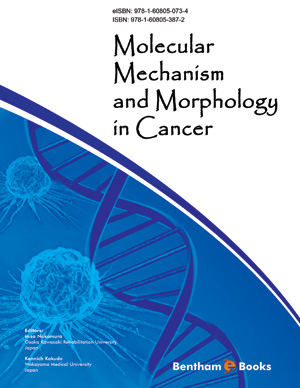Abstract
Breast cancer has become the top killer of death worldwide among women with the number about 519,000 deaths each year, and the deaths from cancer is projected to continue rising which was reported by World Health Organization (WHO) recently. As breast cancer is a heterogenous disease whose behavior is determined by the molecular characteristics, increased interests are to unravel the molecular mechanisms of breast cancer development and progression. Bcl-2, as a protooncogene identified in 1984, contributes to malignancy by protecting cells from apoptosis. Since the identification of Bcl-2, a number of studies have been exploited to investigate their contribution to the formation, progression, therapy resistance and prognostic potential in many cancers including breast cancer. Preclinical studies have suggested that Bcl-2 overexpression enhances metastatic potential of breast cancer cells. And in general, the expression of Bcl-2 has been associated with the presence of good prognostic markers, such as hormonal receptor positivity, lower or absent p53 expression and a favorable clinical outcome. The overexpression of Bcl-2 is also associated with drug resistance or sensitivity to specific chemotherapy, radiotherapy and hormonal therapy. In recent years a number of studies have shed light onto the role of Bcl-2 in mediating the effects of anticancer agents in order to develop more efficient and more precisely targeted treatment strategy. The independent prognostic value of Bcl-2 in breast cancer is demonstrated in many recent investigations as well. The aim of this review is to give a summary of the role of Bcl-2 in breast cancer.






















